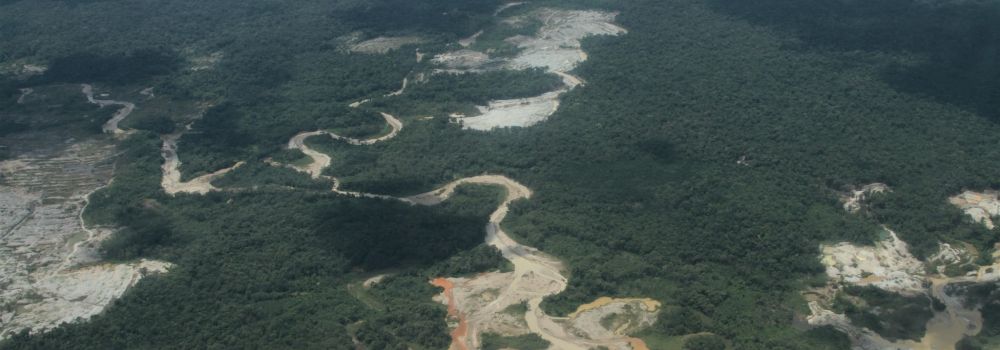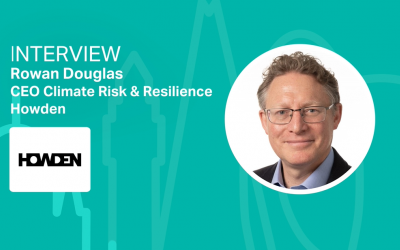UN Environment will support environmental recovery and peacebuilding in Colombia
UN Environment will assist Colombia with overcoming the environmental degradation legacy of the internal conflict which lasted for more than 50 years, especially in remote rural areas

PRESS RELEASE - 21 March 2017 - UN Environment will assist Colombia with overcoming the environmental degradation legacy of the internal conflict which lasted for more than 50 years, especially in remote rural areas.
By invitation of the Colombian President Juan Manuel Santos, a UN Environment multi-disciplinary team of experts concluded last Friday 17 March a 12-day mission. The mission aimed to identify priority actions towards mitigating the health and livelihood risks from the environmental damage in priority areas for post-conflict development.
“Environment is at the heart of post-conflict development in Colombia. The country has a unique historic opportunity to promote sustainable livelihoods and resilient territories in which nature provides the foundations for long-lasting peace and prosperity. UN Environment will unwaveringly stand by Colombia during the post-conflict phase”, said Leo Heileman, UN Environment Regional Director.
“We thank UN Environment for its support in the consolidation of strategies for peacebuilding through the active participation of our communities and the sustainable use of our resources," said Luis G. Murillo, Minister of Environment of Colombia.
“We cannot lose hope, we have to give communities the assurance that peace will come at last," Murillo stated.
In the last decades, different rebel groups and criminal gangs ended up controlling large swaths of Colombian territory. These groups exploited natural resources or taxed extraction and trade as a way to generate revenue to finance their operations. This led to major environmental destruction from illegal extraction of minerals and other natural resources, illicit crops, deforestation and the unregulated use of hazardous chemicals such as mercury.
The UN Environment team conducted field visits to various sites in the Chocó and Antioquia departments, with an emphasis on mining. A helicopter flight over the Quito and Atrato rivers offered the team a broad perspective of the environmental challenges faced by large scale and mechanized illegal operations.
Sponsored Content
The environmental destruction in the Quito river basin is significant in terms of scope and magnitude, due to a combination of illegal mining and deforestation. Mercury is used in mining and part of it is also released to the environment, which has the potential to reach the community through air, water and food chain.
The UN Environment team also held a series of meetings with approximately 150 stakeholders, including the Government (at national, departmental and municipal level), UN and other international agencies, non-governmental organizations, private sector and women’s groups.
The Government of Colombia has emphasized the importance of strengthening the environmental dividends of peace and fostering green growth as pillars for sustainable development. The Sustainable Colombia Fund is one of the mechanisms established by the Government to promote sustainable livelihoods and integral rural development, including environmental recovery in degraded areas.
Initial support proposed by UN Environment includes technical recommendations and training for the effective implementation of environmental peace-building projects; strategic environmental assessment of key post-conflict interventions; advice on measures to improve social, economic and environmental conditions for the extractive sector and to remediate damage caused by illegal operations; and strengthening of the institutional and technical capacities for the Participatory Territorial Planning and Monitoring, including improving public access to environmental information.






